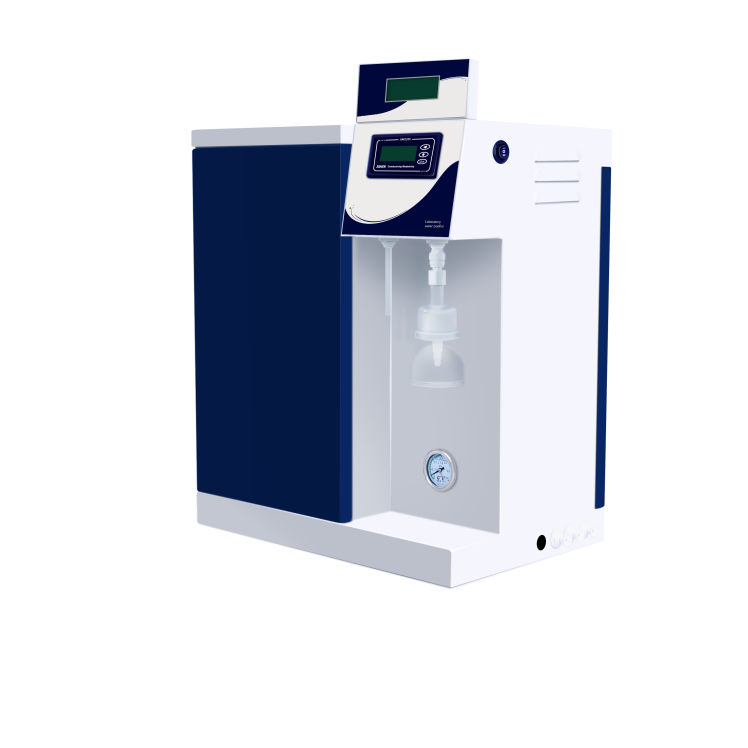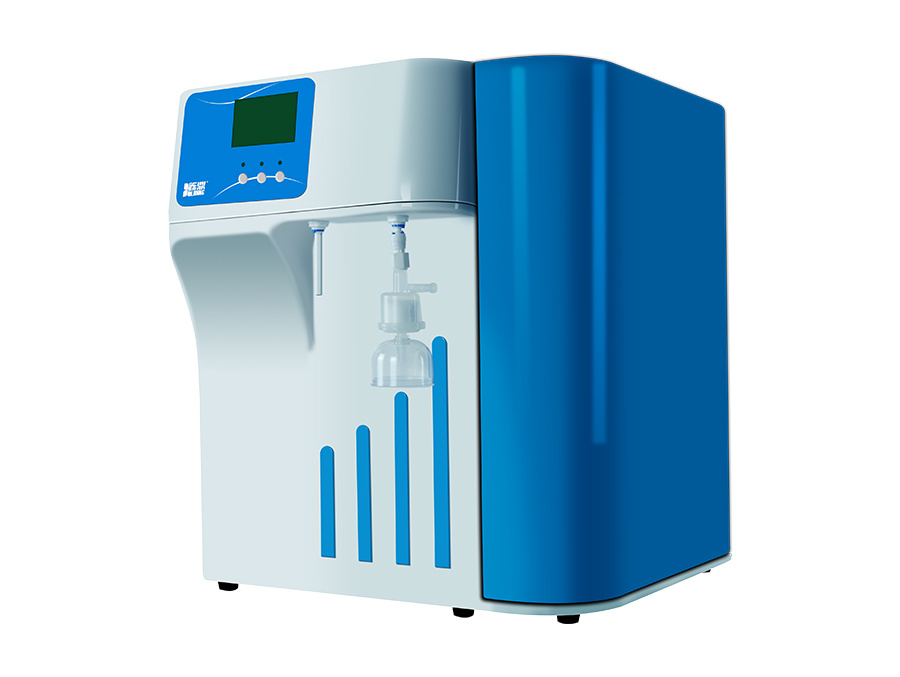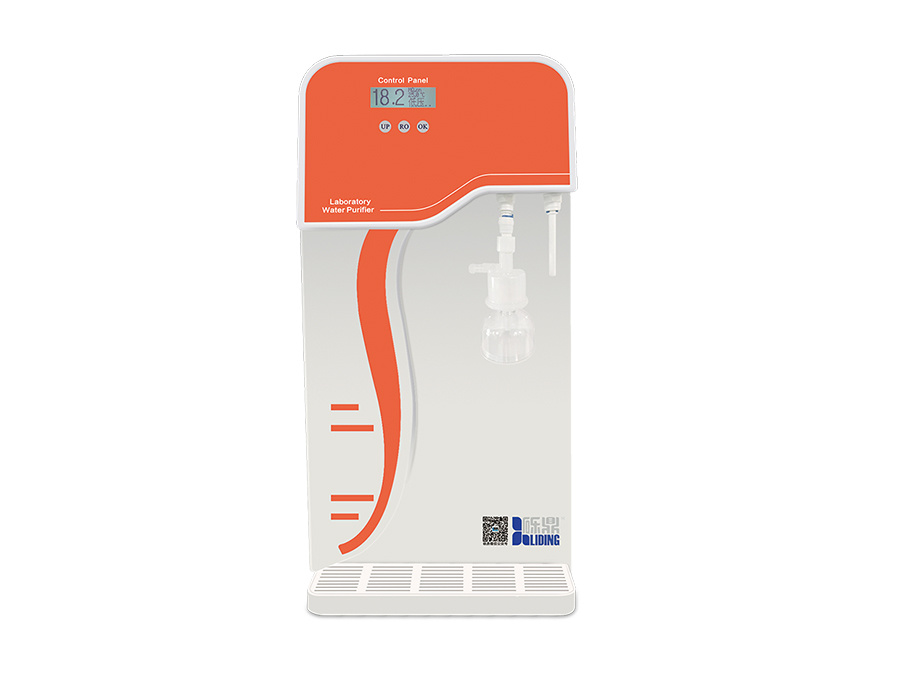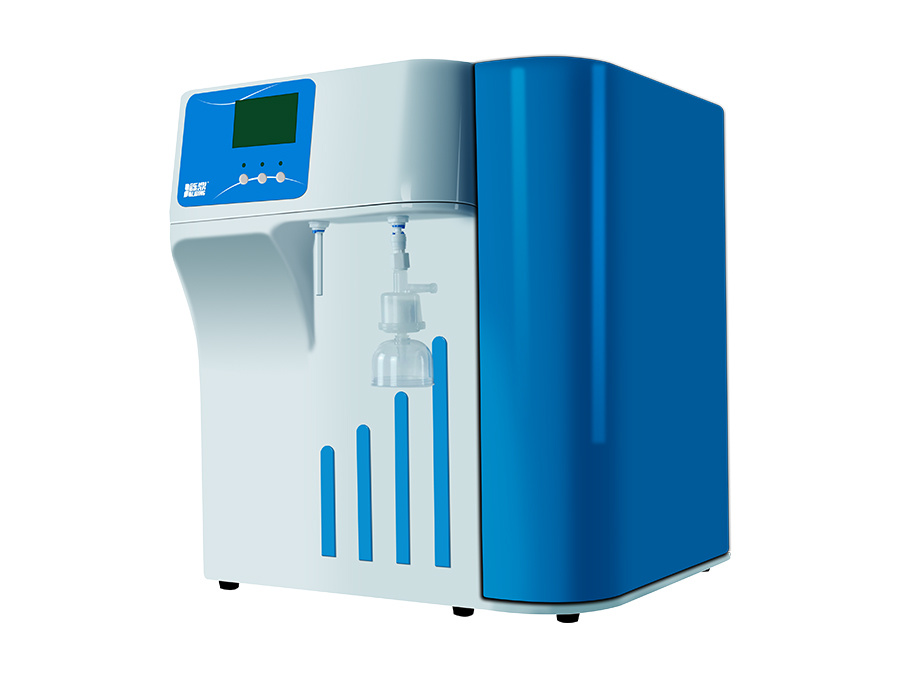Enhancing Sustainability with Ultra Pure Water Purification Systems: A Comprehensive Guide
Time:
Apr 24,2025
Enhancing Sustainability with Ultra Pure Water Purification Systems
Table of Contents
- 1. Introduction to Ultra Pure Water Purification
- 2. Importance of Sustainability in Water Purification
- 3. Understanding Ultra Pure Water and Its Applications
- 4. Technology Behind Ultra Pure Water Purification Systems
- 5. Benefits of Ultra Pure Water Purification Systems
- 6. Applications of Ultra Pure Water Purification in Various Industries
- 7. Challenges and Considerations for Implementing These Systems
- 8. The Future of Ultra Pure Water Purification and Sustainability
- 9. FAQs About Ultra Pure Water Purification Systems
- 10. Conclusion
1. Introduction to Ultra Pure Water Purification
Water is a fundamental resource that sustains life and supports various industrial processes. As the demand for high-quality water increases, especially in sectors like pharmaceuticals, electronics, and food processing, the need for ultra-pure water purification systems becomes paramount. These systems are designed to remove impurities to levels much lower than conventional water treatment methods, ensuring that the resulting water meets stringent quality standards.
In this article, we will delve into the specifics of ultra-pure water purification systems, explore their environmental benefits, and discuss their pivotal role in promoting sustainability across various industries.
2. Importance of Sustainability in Water Purification
Sustainability refers to meeting our present needs without compromising the ability of future generations to meet theirs. In the context of water purification, sustainability focuses on reducing environmental impact, conserving water resources, and improving the efficiency of water use. As industries strive to adopt greener practices, integrating ultra-pure water purification systems is a vital step toward achieving sustainability goals.
The implications of sustainable water purification extend beyond just environmental benefits; they also encompass economic and social dimensions. By prioritizing sustainability, industries can enhance their reputation, reduce operational costs associated with water use, and ensure compliance with increasingly stringent regulations.
3. Understanding Ultra Pure Water and Its Applications
Ultra-pure water (UPW) is water that has been treated to remove contaminants to extremely low levels, typically below 1 part per billion (ppb). This level of purity is essential for applications where even the slightest impurity can compromise product quality or processes.
Key applications of ultra-pure water include:
- **Pharmaceutical Manufacturing:** Ensuring that water used in drug formulation is free from contaminants that could affect efficacy or safety.
- **Semiconductor Manufacturing:** Ultra-pure water is critical in the fabrication of microchips, where impurities can lead to defects in electronic components.
- **Power Generation:** Cooling systems in power plants require ultra-pure water to prevent scaling and corrosion, which can lead to equipment failure.
Understanding the specific requirements of each application helps in selecting the right purification system that meets industry standards.
4. Technology Behind Ultra Pure Water Purification Systems
The technology utilized in ultra-pure water purification systems combines several advanced methods to achieve the desired level of purity. These include:
- **Reverse Osmosis (RO):** A process where water is forced through a semi-permeable membrane that removes a wide range of contaminants.
- **Deionization (DI):** This process removes ionic impurities by passing water through ion exchange resins, effectively replacing undesirable ions with hydrogen and hydroxide ions.
- **Ultraviolet (UV) Radiation:** UV light is employed to neutralize bacteria and microorganisms, ensuring microbiological purity.
- **Electrodeionization (EDI):** This combines ion exchange and electrochemical processes to produce ultra-pure water without the need for chemical regenerants.
The integration of these technologies ensures that ultra-pure water purification systems are efficient, reliable, and capable of producing water that meets stringent quality standards.
5. Benefits of Ultra Pure Water Purification Systems
Implementing ultra-pure water purification systems offers numerous benefits, including:
- **Enhanced Product Quality:** Industries that rely on ultra-pure water can ensure that their products meet high quality and safety standards.
- **Reduced Environmental Impact:** By minimizing waste and optimizing water use, these systems contribute to sustainable practices.
- **Cost Efficiency:** Reducing operational costs related to water sourcing, treatment, and waste management can lead to significant savings.
- **Regulatory Compliance:** Meeting industry-specific regulations becomes easier with systems designed to produce ultra-pure water consistently.
These benefits highlight the necessity of adopting ultra-pure water purification systems in various industries to foster sustainability and operational excellence.
6. Applications of Ultra Pure Water Purification in Various Industries
The versatility of ultra-pure water purification systems allows them to be applied across a multitude of sectors. Here are some prominent examples:
6.1 Pharmaceutical Industry
In pharmaceuticals, the use of ultra-pure water is critical during drug formulation and cleaning processes. Water must be free from contaminants to ensure the safety and effectiveness of medicinal products.
6.2 Electronics Manufacturing
The semiconductor industry relies on ultra-pure water for cleaning wafers and rinsing processes. Any impurities can significantly affect the performance of electronic devices, making ultra-pure water indispensable.
6.3 Food and Beverage Production
Ultra-pure water is increasingly utilized in food processing and beverage production to ensure product safety and consistency, particularly in processes requiring high levels of purity.
6.4 Power Generation
In power plants, ultra-pure water is crucial for cooling and steam generation, preventing corrosion and scaling in boilers and turbines, which enhances efficiency and reduces maintenance costs.
7. Challenges and Considerations for Implementing These Systems
While ultra-pure water purification systems offer significant advantages, several challenges must be addressed:
7.1 Initial Investment Costs
The upfront costs of installing ultra-pure water purification systems can be substantial. Organizations must evaluate their budget and the potential return on investment.
7.2 Maintenance Requirements
Regular maintenance is essential to ensure the longevity and efficiency of these systems. This includes monitoring, replacing filters, and conducting periodic system checks.
7.3 Technological Complexity
The various technologies involved in ultra-pure water purification can be complex. Proper training for staff is necessary to ensure effective operation and troubleshooting.
Addressing these challenges proactively can lead to successful implementation and operation of ultra-pure water purification systems.
8. The Future of Ultra Pure Water Purification and Sustainability
The future of ultra-pure water purification systems is bright, driven by ongoing technological advancements and increasing environmental awareness. Innovations such as smart water management systems, AI-driven monitoring, and emerging filtration technologies are poised to enhance system performance and sustainability.
Moreover, with global water scarcity becoming a pressing issue, the demand for efficient water purification methods will only grow. Industries will continue to prioritize sustainability, making ultra-pure water purification systems essential for achieving long-term environmental and operational goals.
9. FAQs About Ultra Pure Water Purification Systems
What is ultra-pure water?
Ultra-pure water is water that has been treated to remove contaminants to extremely low levels, typically less than 1 part per billion (ppb).
What industries benefit from ultra-pure water purification systems?
Industries such as pharmaceuticals, electronics manufacturing, food and beverage production, and power generation benefit significantly from ultra-pure water purification systems.
How does reverse osmosis work in ultra-pure water purification?
Reverse osmosis uses a semi-permeable membrane to separate impurities from water by applying pressure, allowing only pure water molecules to pass through while blocking contaminants.
What are the main challenges of implementing ultra-pure water systems?
Initial investment costs, maintenance requirements, and technological complexity are among the primary challenges faced when implementing ultra-pure water purification systems.
How can ultra-pure water purification contribute to sustainability?
By optimizing water use, reducing waste, and ensuring compliance with environmental regulations, ultra-pure water purification systems play a significant role in promoting sustainability across various sectors.
10. Conclusion
Ultra-pure water purification systems represent a vital advancement in the quest for sustainability in industrial processes. By providing high-quality water essential for numerous applications, these systems not only enhance product quality but also contribute to environmental conservation and operational efficiency. As industries continue to embrace sustainable practices, the adoption of ultra-pure water purification systems will be crucial in addressing the challenges of water resource management and ensuring a greener future.
RELATED NEWS








